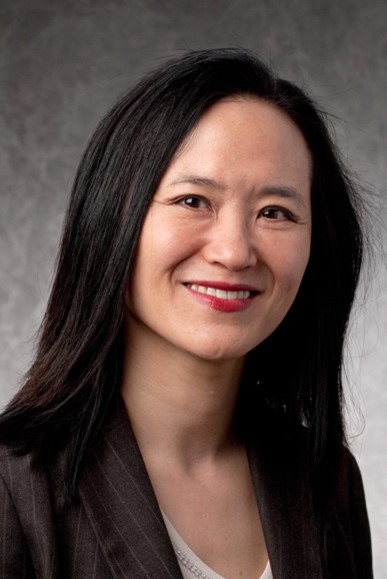
Head and neck squamous cell carcinoma, or HNSCC, is a cancer that develops in the mucous membranes of the mouth, nose, and throat, most often affecting men in their 50s and 60s. HNSCC is generally treated with surgery, followed by chemotherapy and/or radiation, but given the functional importance of the affected area, less severe treatment options could vastly improve patients’ quality of life. Additionally, the prognosis for patients with human papillomavirus (HPV)-positive head and neck cancer is much better than that of HPV-negative patients, highlighting the need for expanded treatment options.
At Moffitt Cancer Center in Tampa, Florida, former Damon Runyon-Lilly Clinical Investigator Christine H. Chung, MD, has long led the search for better treatments for HNSCC. (Her lab was among the first to recognize HPV as a cause of head and neck cancer.) In June, her team presented evidence that a new combination of two existing cancer drugs may be effective in patients with metastatic or recurrent HNSCC. The first drug, cetuximab, is a targeted therapy that blocks a growth signal called the epidermal growth factor receptor that is overexpressed in cancer cells. The second drug, nivolumab, belongs to a class of drugs called checkpoint inhibitors, which turns off the “brakes” on immune T cells, releasing them to attack cancer cells. For a portion of the 95 patients enrolled in the clinical trial, this combination of drugs significantly prolonged survival, meriting its advancement to the next phase of clinical trials.
The hope is that the cetuximab/nivolumab combination will eventually serve as a viable (and less toxic) treatment alternative to chemotherapy and radiation. “We want to find the least intense treatment with the least amount of toxicity that effectively will cure the patient,” Dr. Chung says.
This research was published in Clinical Cancer Research.







